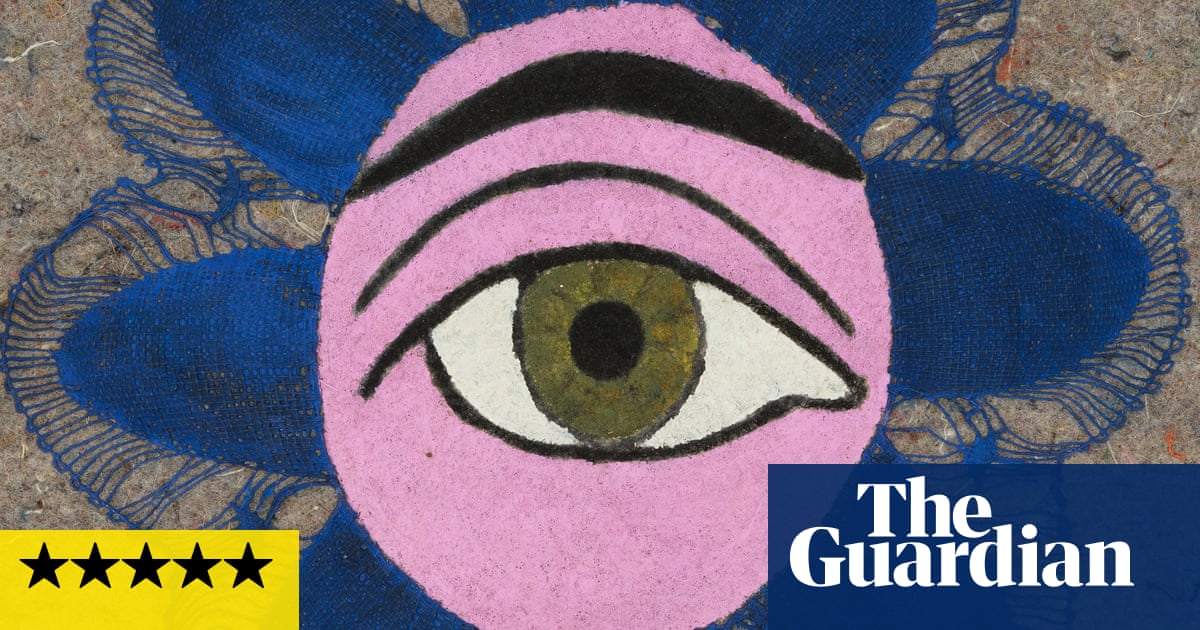
The opening scenes – perhaps even the entire first episode – of the new seven-part comedy drama Slip (created, written, produced by and starring Zoe Lister-Jones) do not augur well. We meet Mae (Lister-Jones), a New York art curator in her late 30s, as she delivers a monologue about her discontents. Life is like “a super-banal dream”, like witnessing a version of your life, like merely watching and taking notes. She longs for more. It turns out that she is disgorging this depressed stream of consciousness to a 24-year-old barista (Jess Salgueiro), in response to a polite inquiry about her day. Mae and her uncharismatic husband of 13 years, Elijah (Whitmer Thomas), are in a rut – though barely rutting. Perhaps because “he dresses like if Kurt Cobain was a lesbian”. Or perhaps because, as Mae tells her best friend, Gina (Tymika Tafari), who is single and deeply envies Mae’s stability and escape from the Manhattan dating scene: “After a certain amount of time, you’re just single together.”
Predictably, then, Mae has a one-night stand, with Eric, a famous musician (played by Amar Chadha-Patel, most recently seen as the hot doctor in The Decameron). Less predictably, Mae’s resulting orgasm transports her into another dimension, in which she is married to Eric instead of Elijah and living a life of partying, drugs and negotiation of Eric’s infidelities. Is this, then, the answer to her woes? No, of course not.
So we begin the orgasmic odyssey, with Mae working her way through a variety of lifestyles – one includes motherhood, which Original Mae, as a product of the foster-care system, had always ruled out – and sexualities. Thankfully, Gina remains a constant in all realities because, although the series becomes increasingly impressive in its handling of the material, it is always in want of the comic relief and high energy that the brilliant Tafari brings.
Lister-Jones is careful to give every relationship Mae forms depth and weight as well as, ultimately, some knowledge of self to impart. Only the first four episodes were available for review but, of those, the one that sees her as a mother in a lesbian relationship with bartender Sandy (Schitt’s Creek’s Emily Hampshire) is a standout. It avoids the trap that lesser or lazier writers fall into of letting the gayness be “enough” and having everything perfect in queer Eden. Mae and Sandy bicker and fight, especially about parental issues, and soon fall into a rut of their own that mirrors the one Mae was longing to escape at the beginning. The challenge, it seems, is not finding your soulmate, but ensuring that familiarity doesn’t breed contempt.
The episode also contains a scene in which their eight-year-old daughter is screaming at a boy who is throwing a tantrum at her birthday party, telling him to grow up, and – I don’t know how better to put this – it was like a shot of pure pleasure to my soul. I think it healed me somehow. If I am alone in this, I apologise for mentioning it. But I think the furious inner child in many of us will respond similarly.
Gradually, Slip transcends its absurd premise and becomes a layered, complex interrogation of whether the idea of soulmates is a helpful ideal for which to strive, or a myth that dooms us all to failure. It questions what it means to be with someone for an orgasm or beyond, to forge an identity with or without them, what constitutes a family and how well friends can substitute for it, and how much damage can and cannot be undone by love. Some of us may have to work harder than others to turn off the voice that screams simply, “You’re an intelligent, childless, economically independent adult who could do exactly what you want at any time, you neurotic fool!”, and lean into appreciating what is being accomplished here. Even if you find it easy, I suspect there is more in Slip to admire than to love. But it is undoubtedly a work of rare ambition and the product of such talent from Lister-Jones that it seems churlish not to exalt it.
Slip is on ITVX in the UK and Binge in Australia.












